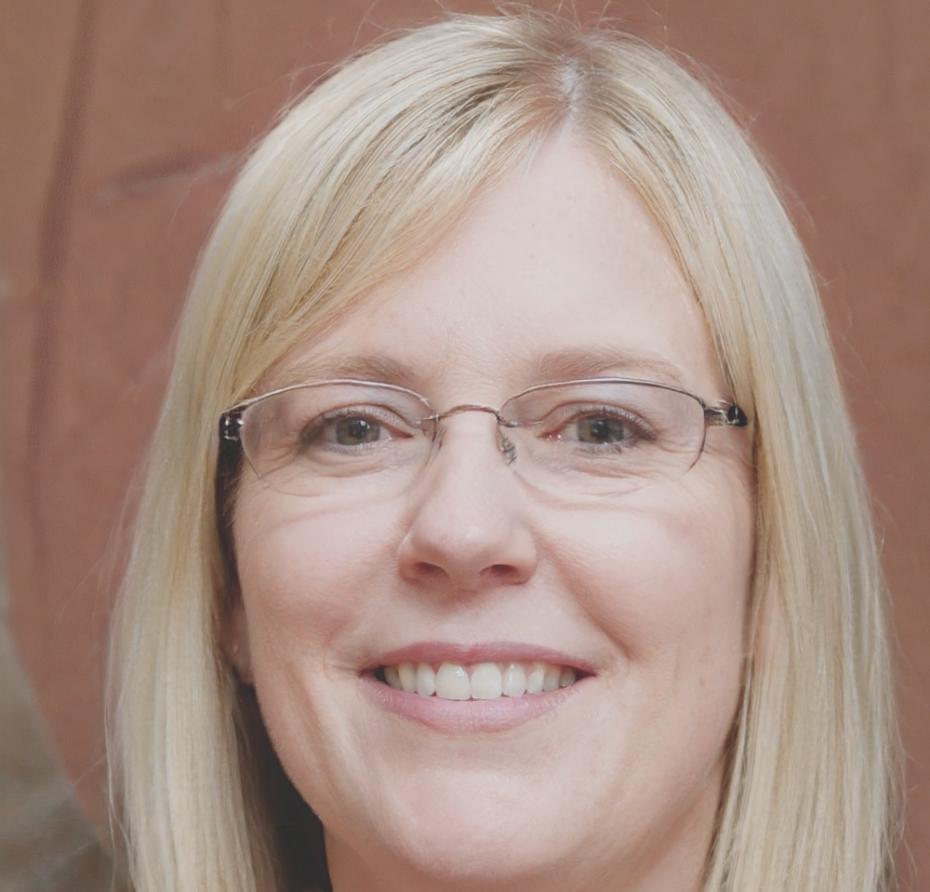Real Student Projects
Watch how our finance program participants tackle actual market challenges and build tools that make a difference. These aren't classroom exercises—they're solving real problems for real businesses.
Start Your JourneyBudget Tracker Revolution
Jaxon built this during his third month with us. What started as a personal expense tracker turned into something three small businesses now use daily. The interface looks simple, but there's serious algorithm work happening underneath.
He spent weeks just understanding how cash flow really works—not the textbook version, but the messy reality of running a business. That research shows in every feature.

From Idea to Impact
Most students follow this path, though everyone moves at their own speed. Some race through in four months, others take eight. Both approaches work.
Foundation Building
Students dive into financial modeling basics and get familiar with our development environment. We start with simple calculators—compound interest, loan payments, that sort of thing. Nothing fancy yet, but these small wins build confidence.
Real Problem Discovery
This is where things get interesting. Students interview local business owners, freelancers, anyone who'll talk about their money headaches. Half the value comes from these conversations—understanding what people actually struggle with, not what we think they need.
Prototype Development
Now we're building something real. Students pick their strongest idea and start coding. We're not aiming for perfection—just something that works and solves the problem they discovered. Most projects look pretty rough at this stage, and that's fine.
Testing & Refinement
Students take their prototypes back to the people who inspired them. Reality hits hard here—what seemed brilliant in isolation often needs major changes. This feedback loop is where real learning happens.
Beyond the Classroom
These numbers tell part of the story, but they miss the real victories. Like when Rowan's expense tracker helped a coffee shop owner realize they were bleeding money on weekend shifts. Or when Sage figured out why her risk calculator was giving weird results and learned more about statistics in one afternoon than most people do in a semester.
The tools matter, but the thinking behind them matters more. Our students leave understanding how money really moves, not just how to code financial formulas.

Learning Through Building
The best part of mentoring these projects? Watching students realize they understand concepts that seemed impossible three months earlier. When Lennox explained how her portfolio optimizer worked, she was teaching me things about risk correlation I hadn't considered.
Every project teaches us something new about how people interact with financial tools. Our students aren't just learning to code—they're becoming the bridge between complex financial concepts and practical solutions.